
The Best Programming Languages
The digital age is upon us, and knowing the best programming languages stands you in very good stead for getting the job you want. You would have to think very hard to come up with one area of industry which doesn’t have a digital fingerprint. Computers are part and parcel of how we work, organise our workflow, advertise and communicate with colleagues, customers and suppliers. Paper systems are a thing of the past.
This rate of evolution has required the programmer and developer communities to scale at a faster rate than ever before. There are a host of programming languages out there which are as diverse as the use cases we need them for. To know how to write a computer program is fast becoming the must-have skill for many employers.
Every beginner is tasked with the question….? Where should I start? With such a huge library of languages and a broad range of uses, this is a perfectly valid question!
Which programming language should you learn if you want to upskill ?
Best for startters: Python
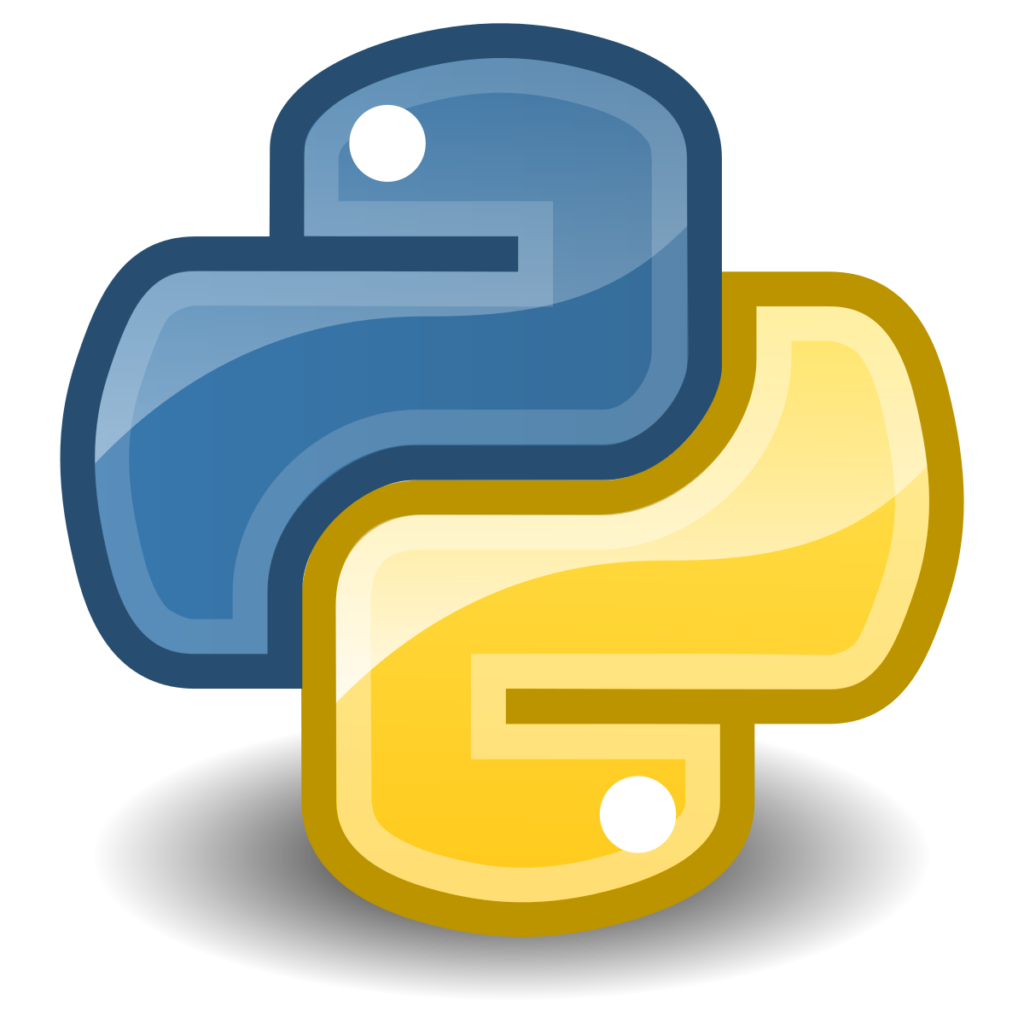
Python is widely believed to be the best programming language to learn first. Python is fast and easy to use. It is also commonly used to develop scalable web applications and very easy to deploy. Some of our most well known and well-used apps are all built in Python; YouTube, Instagram, Pinterest and SurveyMonkey for example. It is not only the big names that use Python. A lot of Startups are using Python as their primary backend stack. Arguably it is this meeting of the established and the emerging that makes this language a great place to start….it opens a whole world of opportunity for full-stack Python developers.
Another string to its bow is the community of support Python’s popularity provides. It has excellent library support and has a wide developer community. It is opensource which means the opportunities for collaboration and learning as you work are brilliant. Its ease of use makes it ideal for building and testing prototypes.
Best for web applications: Java

Widely used to build enterprise-scale web applications, Java has been a popular choice within large organisations for many years. One of its main appeals, especially for large scale customers is its stability. It stands to reason then, that should your end goal be to work within a large organisation, Java would be a great programming language to start with.
Java is also the language of choice for Android app development, a requirement for any business today owing to the vast numbers of android device users across the globe. This fact alone is a huge green light for Java developers, especially because Google has created an excellent Java-based Android development framework – Android Studio.
Much like Python, Java has an abundance of open-source libraries and is ideal for distributed computing. It also offers a lot of APIs for accomplishing different tasks, such as database connection, networking, utilities, and XML parsing. It is also highly secure due to the exclusion of explicit pointer and its inclusion of a security manager responsible for defining the access of classes.
Best programming languages: C/C++
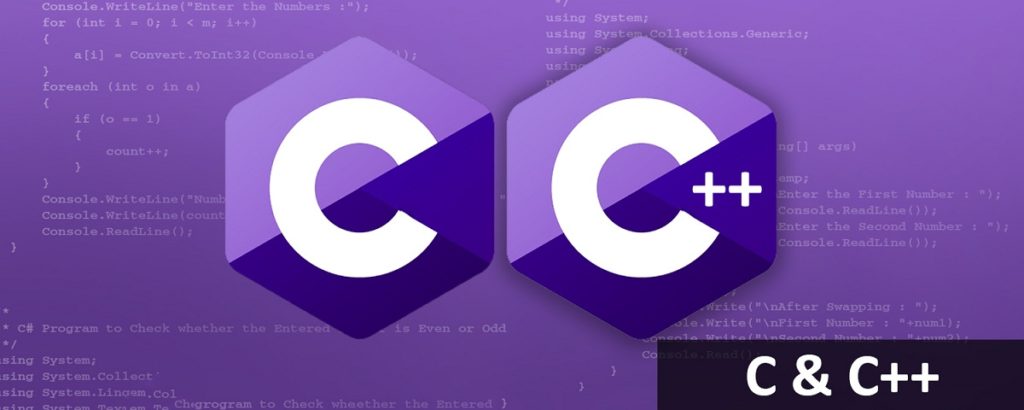
C/C++ are the backbones of almost all low-level systems. Think operating systems, filing systems and the like; these are all written in C/C++. Should your goal be to become a system-level programmer, C/C++ is the language you should learn.
C++ is fast and stable and as a result, it is widely used by competitive programmers. C++ also provides something called STL – Standard Template Library. STL is a pool of ready to use libraries for data structures, arithmetic operations and algorithms.
It has a significant following within the High-Frequency trading community as well, thanks to the speed of the language and the library support.
A solid understanding of C/C++ will also help you should you want to move on to learning other programming languages in the future; it forms the basis for understanding more complex programming languages.
C++, in particular, opens the door to a wide variety of application domains, such as games, GUI applications, and real-time mathematical simulations.
Best for frontend: JavaScript
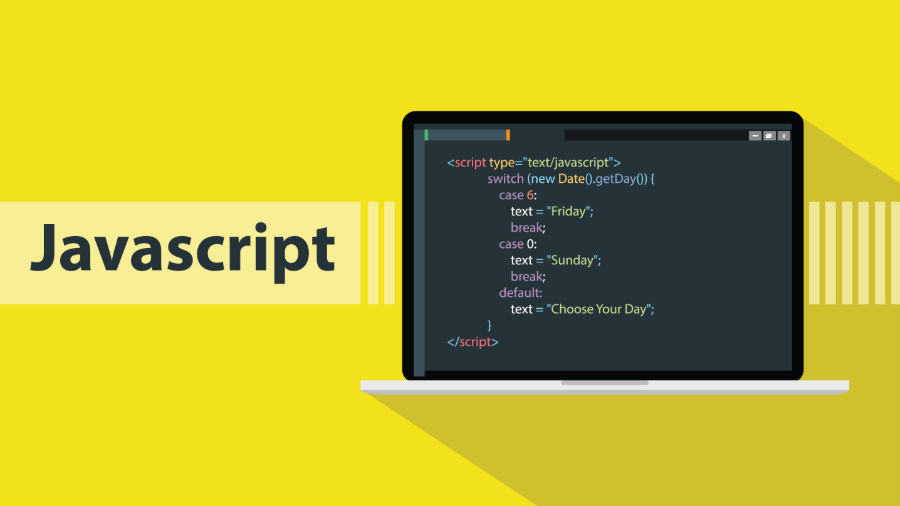
JavaScript is the “frontend” programming language. It is widely used to construct interactive frontend applications. When you click on a button which opens a popup, the logic is implemented in JavaScript.
Many startup organisations today are using NodeJS which is a JavaScript-based run-time environment. NodeJS lets developers use JavaScript for server-side scripting to produce dynamic web page content before the page is sent to the user’s web browser. Now with JS, you can use a single programming language for server-side and client-side scripts.
Client-side, JavaScript is very fast. It runs immediately within the web browser as there is no compilation requirement. JavaScript very rich and gives a very nice aesthetic to the website. It also has to be highly versatile and can be used for building a diverse range of applications; it is the programming language of the web!
Working within the JavaScript community will come with a mass of resource and a huge level of support.
In short, that cool tech job at that progressive startup? JavaScript is the programming language for you.
Best for Windows: C#
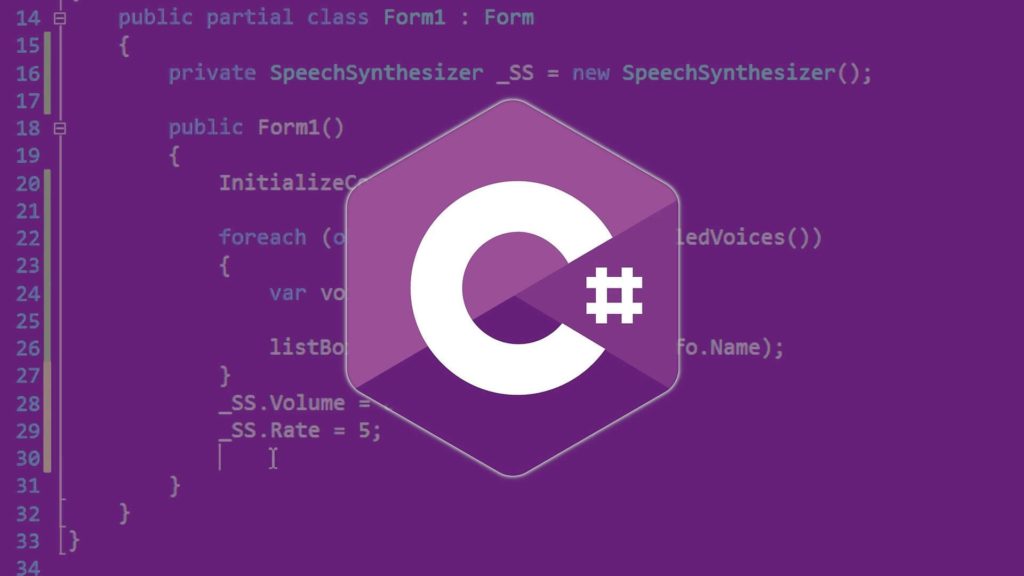
Ideal for all types of Windows development, C# is a general-purpose programming language developed by Microsoft. It is widely used for backend programming, building games (using Unity), building Window mobile phone apps among many other use cases.
It follows a syntax similar to the C programming language and is fully integrated with the .Net library. Despite this though, it offers less flexibility than C++ and requires more time and effort to learn. Resolving issues though is not for the beginner! Managing error requires a significant level of expertise and knowledge.
Best scientific research applications: MatLab
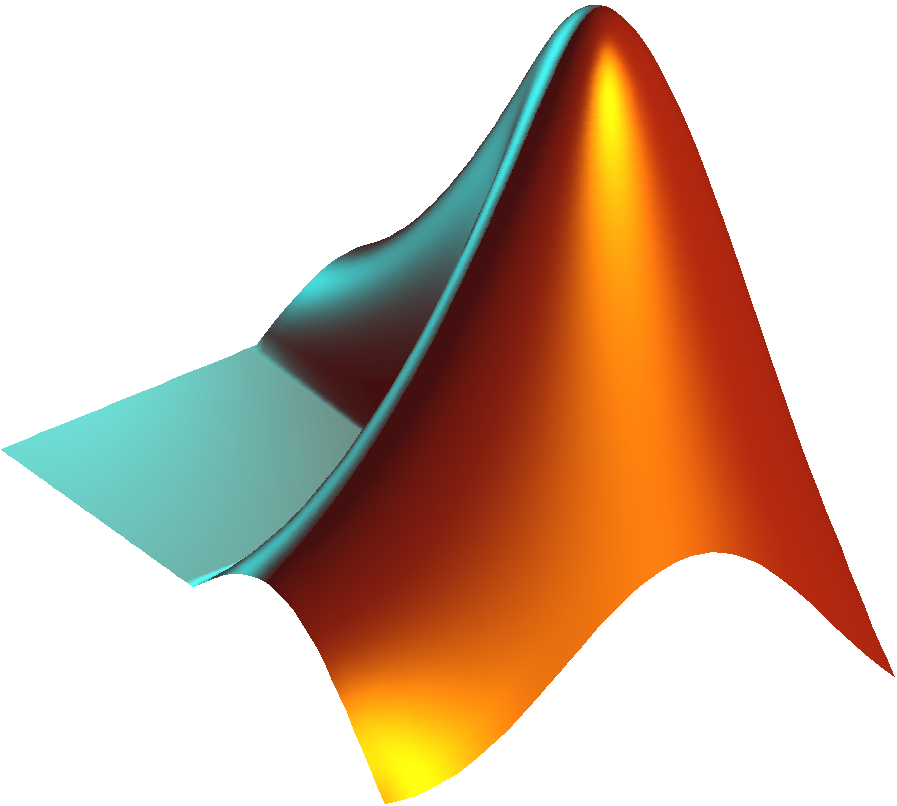
Ideal for developing scientific research applications, MatLab is another programming language if data is your thing. Matlab is a statistical analysis tool that is used in various industries for Data Analysis. It is also widely used in the Computer Vision and Image processing industry as well.
MatLab is not free to use though and requires a purchasing a licence.
Due to its somewhat limited scope – it does not have much application beyond the scope of numerical computing – this is not the programming language for you if you are wanting a broad skill set. Bank this as a follow up once you have mastered the other 9!
Best for Machine Learning: R
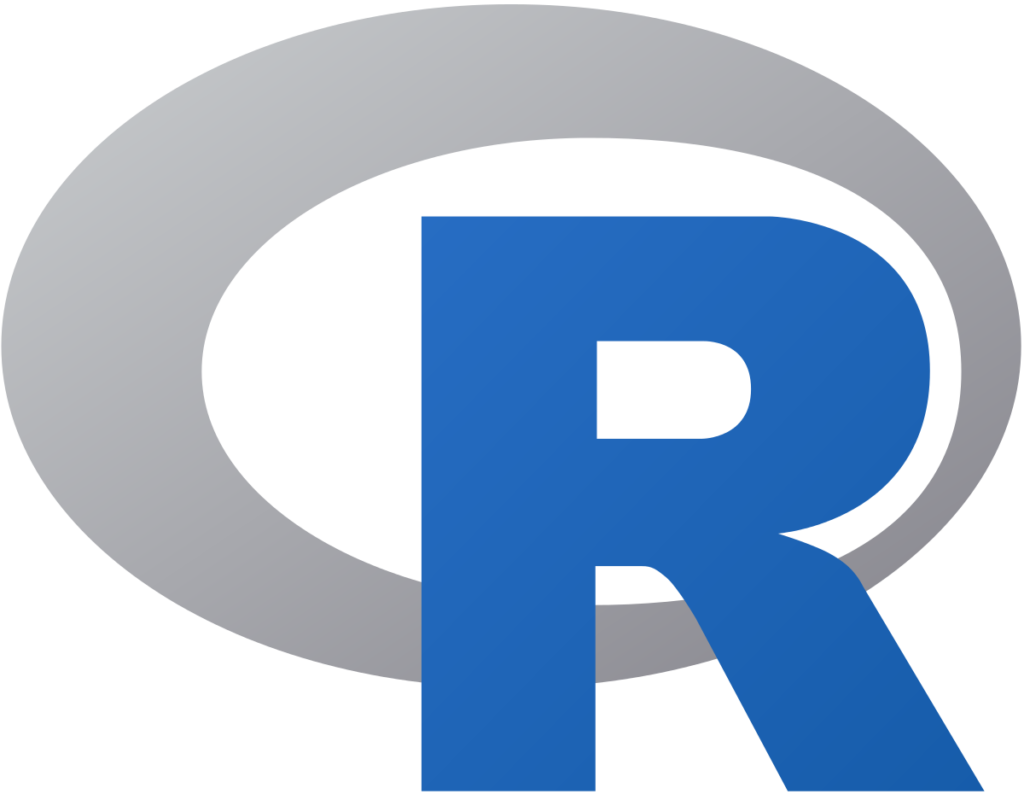
R provides an excellent framework and built-in libraries to develop powerful Machine Learning algorithms. R has been well adopted by enterprises as it can be used for general statistical computing as well as graphics.
If data and analytics is your career of choice, R programming language is the one you should learn. R is one of the most commonly used programming languages for Data Analysis and Machine Learning.
In need to provide you some tech services? Check our website here and don’t hesitate to contact us.


